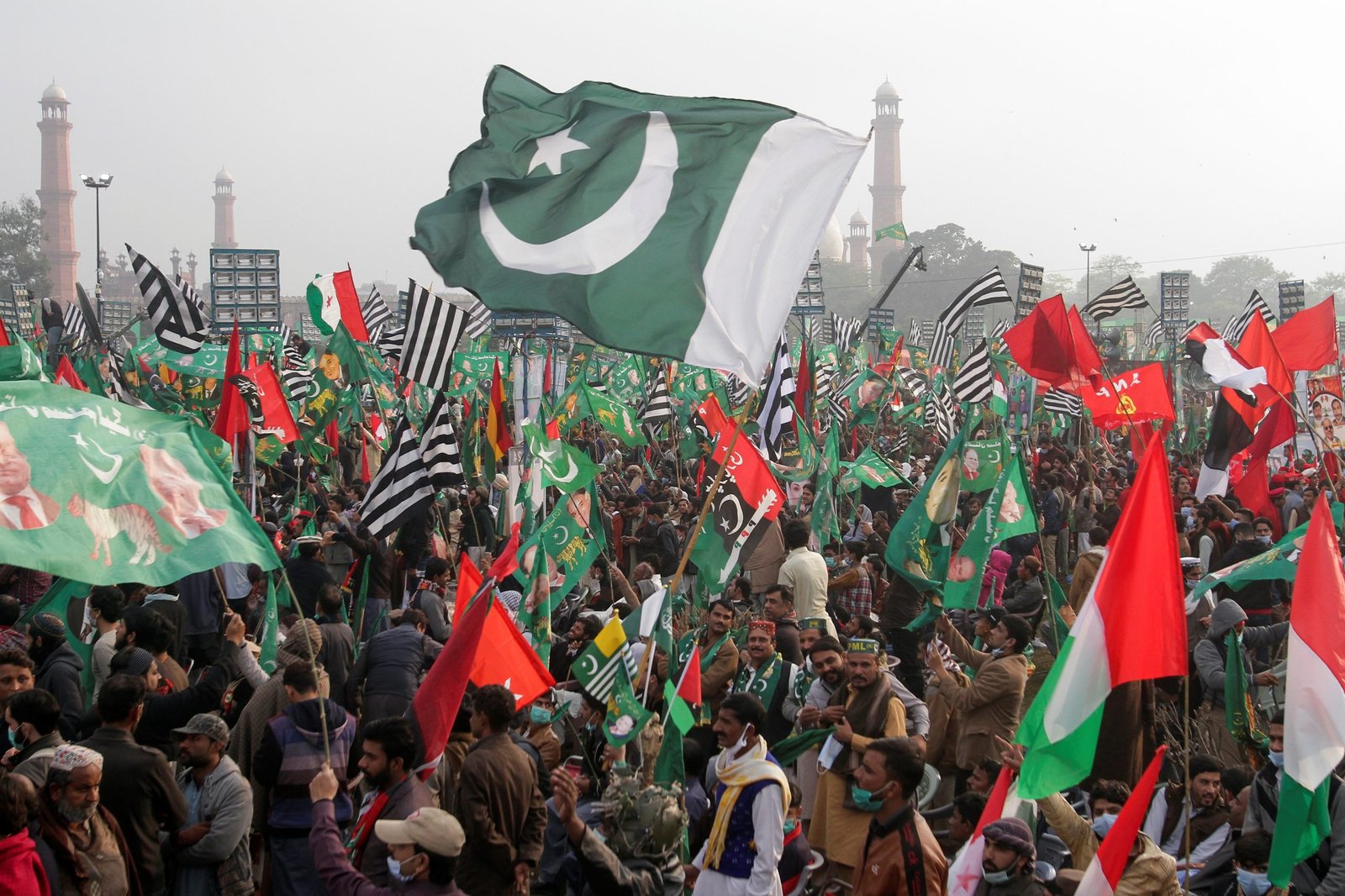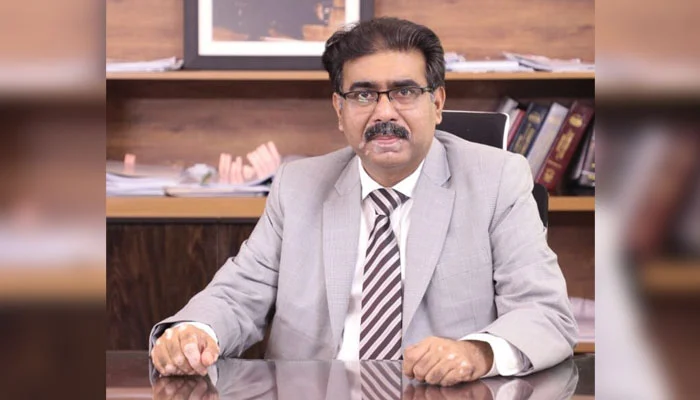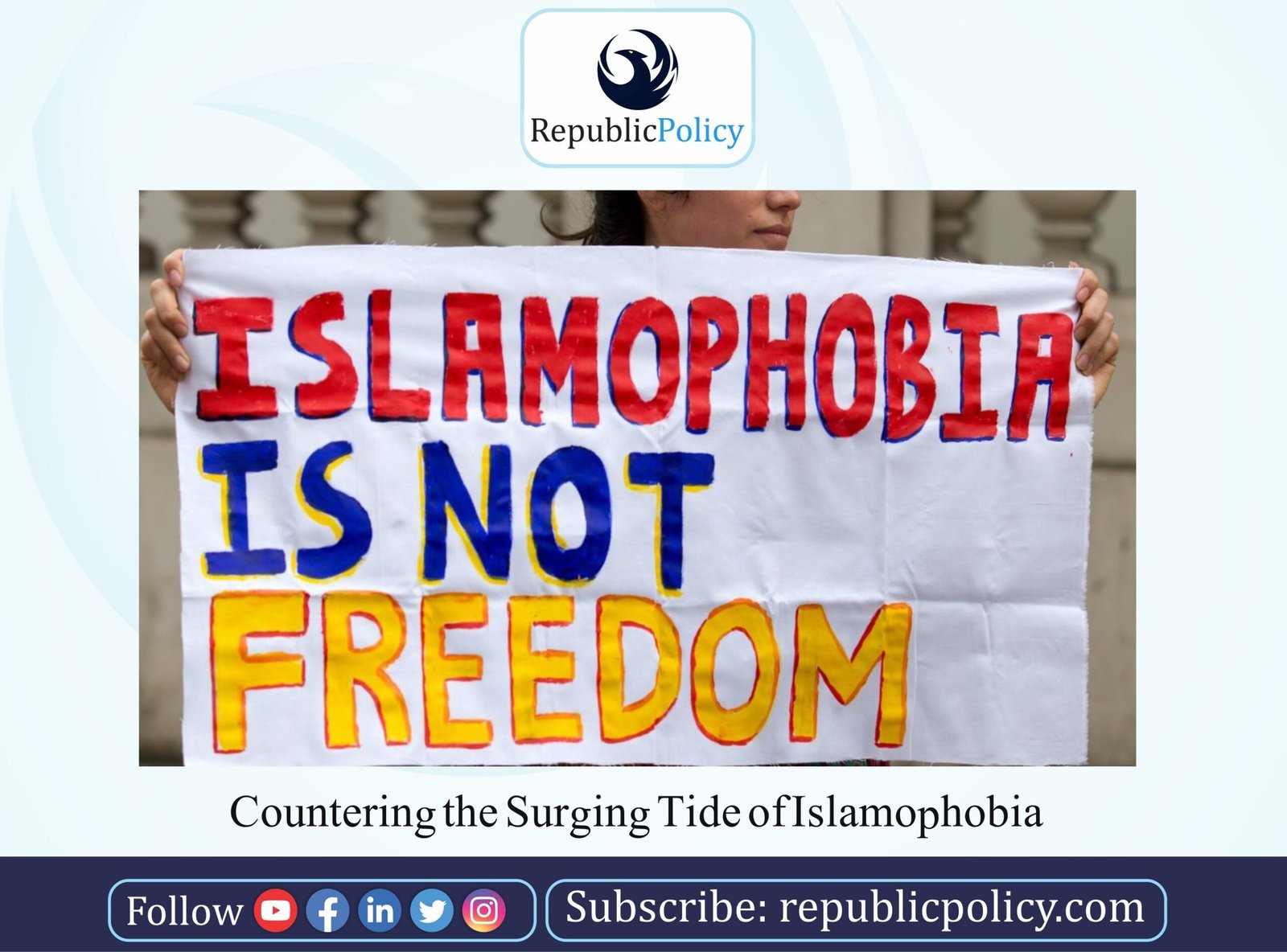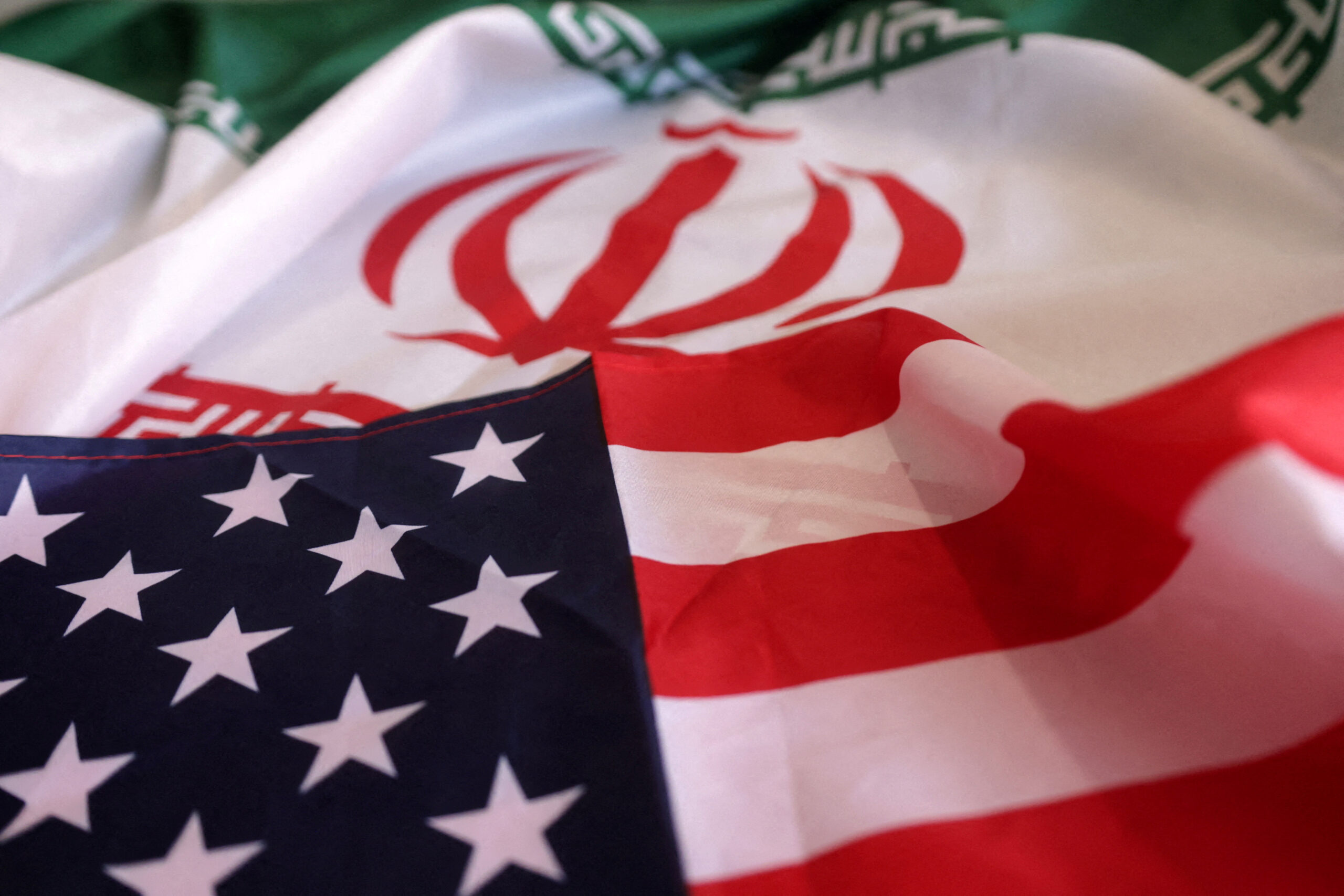Fatima Khan
The rights are the most important part of a political life. The rights are even more important in democracies. Constitutionally, Pakistan is a federal republic that ensures fundamental rights. There is no gender discrimination in Pakistan’s constitution. However, there are practical manifestations of discrimination. Out of all rights for women, political rights are the most important because these are the doorstep towards achieving other social, economic and cultural rights.
The political rights of women in Pakistan are not only crucial for the democratic governance of the country but also influenced by a complex interplay of national and international laws and covenants. Empowering women to exercise their political rights independently, particularly in the context of voting, is fundamental to the advancement of democratic principles. In Pakistan, men have historically exerted significant influence over the voting decisions of women, especially in rural areas. Yet, there is a growing trend of women becoming more informed about their right to vote, particularly as they attain higher levels of education.
When considering the international legal landscape, Pakistan is a signatory to several key instruments that uphold the political rights of women. These include the Universal Declaration of Human Rights, the Convention on the Elimination of All Forms of Discrimination against Women (CEDAW), and the Beijing Declaration and Platform for Action. These international agreements emphasize principles such as equality, non-discrimination, and the active participation of women in public life, placing a responsibility on the state to eliminate barriers and provide opportunities for women to engage in political processes.
At the national level, Pakistan has implemented various laws and policies aimed at promoting and protecting the political rights of women. For instance, the Constitution of Pakistan guarantees the right to vote and stand for elections for all citizens, irrespective of gender. The Election Act of 2017 further mandates that a minimum of 10% of voters in each constituency should be women, and political parties must allocate at least 5% of their tickets to female candidates. Additionally, the National Commission on the Status of Women Act 2012 establishes an independent body to oversee the enforcement of laws and policies related to women’s rights, including their political rights. The National Policy Framework for Women’s Empowerment and Gender Equality 2023 outlines a comprehensive strategy to enhance women’s participation and representation in decision-making processes at all levels.
Despite the existence of these legal and policy frameworks, women in Pakistan continue to encounter numerous challenges when exercising their political rights. One of the most prominent issues is the low representation of women in political institutions. Women account for only 20.6% of the members of the National Assembly, 19.3% of the members of the Senate, and 18.8% of the members of the provincial assemblies, all falling below the global average for female representation in national parliaments. Additionally, women face obstacles in accessing leadership positions within political parties and government bodies.
Furthermore, social and cultural barriers pose significant hurdles to the political rights of women in Pakistan. Women experience various forms of discrimination, harassment, violence, and intimidation that deter their participation in political activities. These challenges are compounded by patriarchal norms, religious extremism, tribal customs, honor killings, forced marriages, illiteracy, poverty, and restricted mobility.
In addition to the social and cultural hurdles, women in Pakistan also confront legal and institutional obstacles in the exercise of their political rights. These include difficulties in accessing justice and redress for violations of their political rights, such as inadequate implementation and enforcement of laws and policies, lack of awareness among law enforcement agencies and the judiciary, corruption, nepotism, and the absence of adequate legal aid and support services.
Amid these challenges, there is a positive trend emerging as more women in Pakistan are becoming increasingly aware of their political rights. This growing awareness signifies a promising development for political governance in the country, as it has the potential to lead to a more inclusive and representative democratic system.

















